Any restaurant that sells soft serve ice cream, for example, needs a chiller to keep the ice cream at a constant temperature to maintain its consistency. Unlike a refrigeration unit which wastes the heat that its motor produces while cooling the inside; a chiller uses a heat exchanger to cool equipment by circulating liquid. Read More…
Our customers know they can trust us for the ultimate in quality, affordability, and flexibility. If you want a fully customized solution for your chillers, we can help! We work hard to create the best solution for each of our customers, because we know that if you are not happy, we are not happy! You can learn more about our services by visiting our website or giving us a call today!
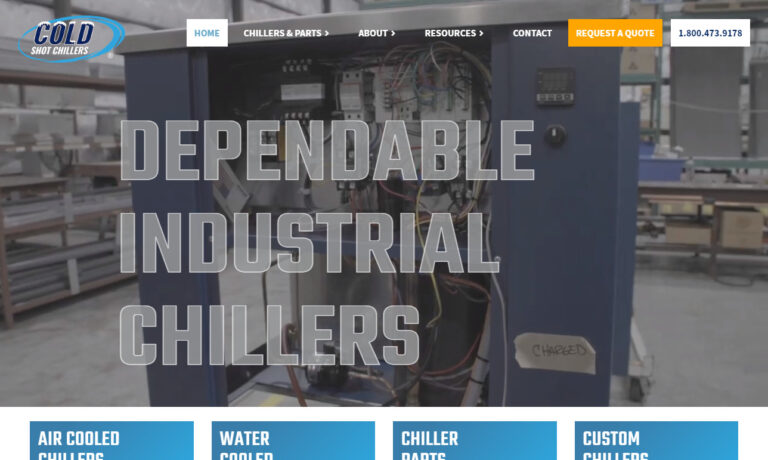
Industry leading, eco- friendly technology from Delta T Systems is setting the pace with energy efficient portable or packaged chiller systems and temperature control units. Our expansive standard product line has been successfully applied in a broad variety of industries for over 30 years. And for applications that require unique features or functionality, our custom design team has the know-how ...
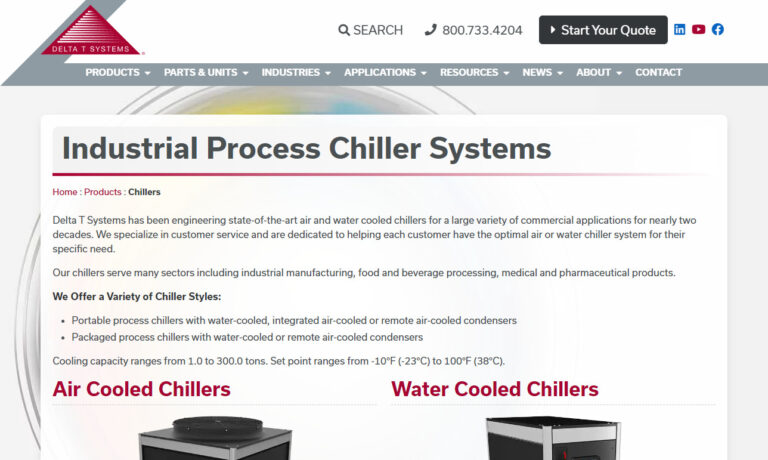
Since 1969, Thermal Care has been a leading manufacturer of portable and central chillers in air cooled, water cooled, and remote condenser models. As an ISO 9001 certified manufacturer, Thermal Care provides heat transfer equipment for over 50 industries and specializes in meeting the specific needs of our customers by offering both standard and custom designed industrial process cooling...
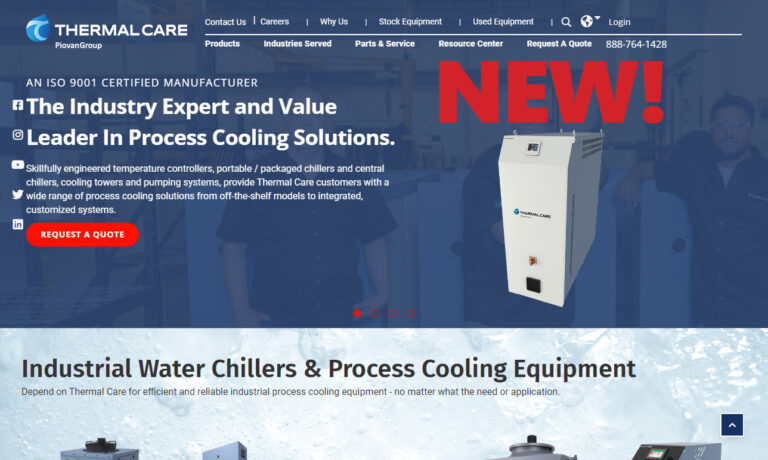
Dimplex Thermal Solutions, based in Kalamazoo, Mich., and home of Koolant Koolers, has been manufacturing water, air, and glycol chillers since 1952. Since that time Dimplex has expanded it’s product offering to include industrial cooling for: Machine Tooling, Food Processing and Packaging, Medical Diagnostic Imaging, Laser Cutting, Manufacturing Processes and more. Dimplex is known for their...
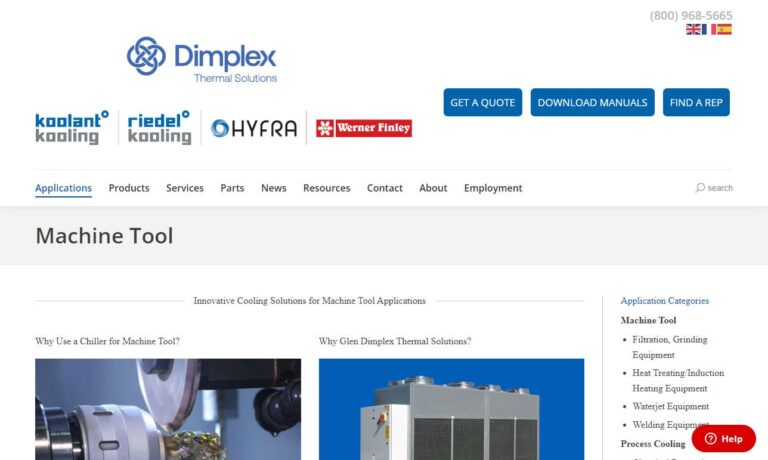
Thermonics® offers a range of process chillers for low (-40°C) and ultra-low (-100°C) temperature cooling. Products include air- and water-cooled chillers, and cryogenic chillers for cooling gasses and fluids. Chillers are compatible with a variety of heat transfer fluids delivering cooling capacities up to 25kW at -90°C, satisfying demands for industrial and mil/aero applications. We are a...
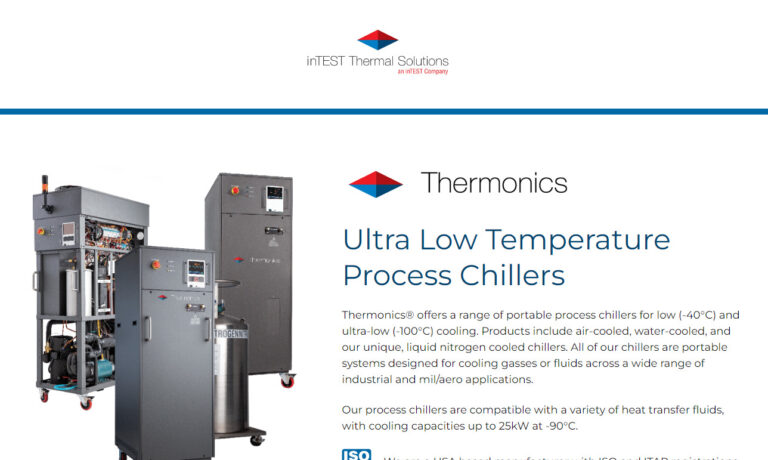
EcoChillers, Inc. provides eco-friendly chillers for the manufacturing industry. We work to make sure that you have a high-quality customer service experience. Our products are sure to help solve all of your chiller needs. We have an elite team of dedicated and seasoned professionals who make sure that you have top of the line service with world class parts. We devote extra attention to making...
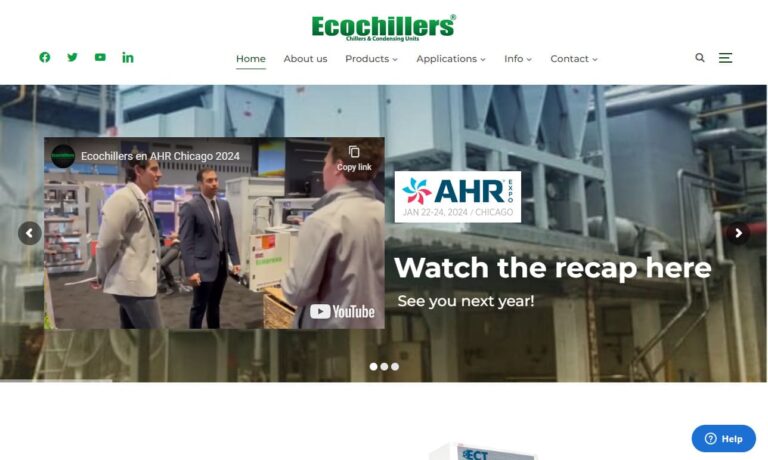
Founded in 1970, we remain focused on the design, manufacture and sales of industrial chillers and temperature controllers, with a long and vast experience in high accuracy systems. The wide range of the products permits to satisfy all specific demands of all kinds and sizes of industries. Frigosystem can structure their offer with tailor-made plants and proposals, always oriented to efficiency...
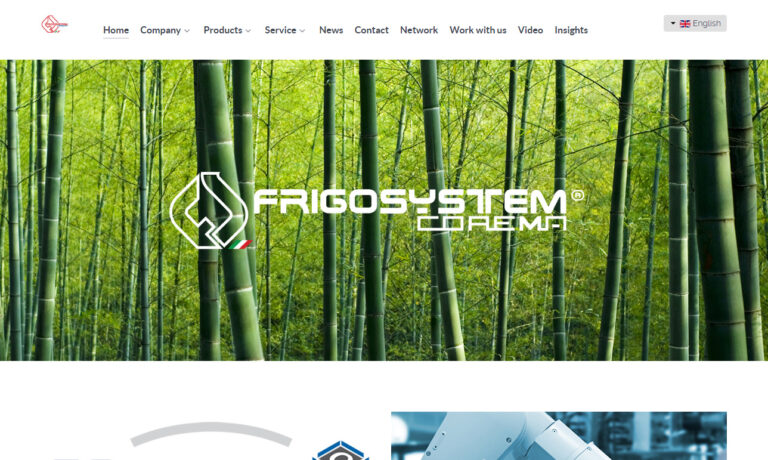
More Food Processing Chiller Manufacturers
Water chillers are the most common type of chilling equipment found in most food and beverage businesses. These units circulate water through a heat exchanger to cool whatever is contained in them and maintain a constant temperature. An exterior control system allows operators to manage the unit and set the desired temperature. This kind of technology is used to cool soft drinks, baking mixes, wine, sauces, soups and more.
Large food processing chillers can be found in factories where food is being prepared for packaging and shipment to grocery stores and distribution centers. A chiller is important during the wine making process to develop a consistent taste and create the best possible product. Too much variation in temperature during fermentation could lead to a ruined batch, particularly if the temperature becomes too warm.
A food processing chiller is usually made using stainless steel so that it can be easily wiped down and kept clean to ensure that food and safety standards for cleanliness are maintained at all times. In food manufacturing facilities, a chiller only represents a small fraction of the necessary processing equipment, but it is essential to the reliability and precision of the final product.
Dairy processing facilities use large chillers to keep milk from spoiling before it is bottled, and any cafeteria that has milk on tap will store the milk in a chilling machine that keeps it at a steady temperature before it is consumed.

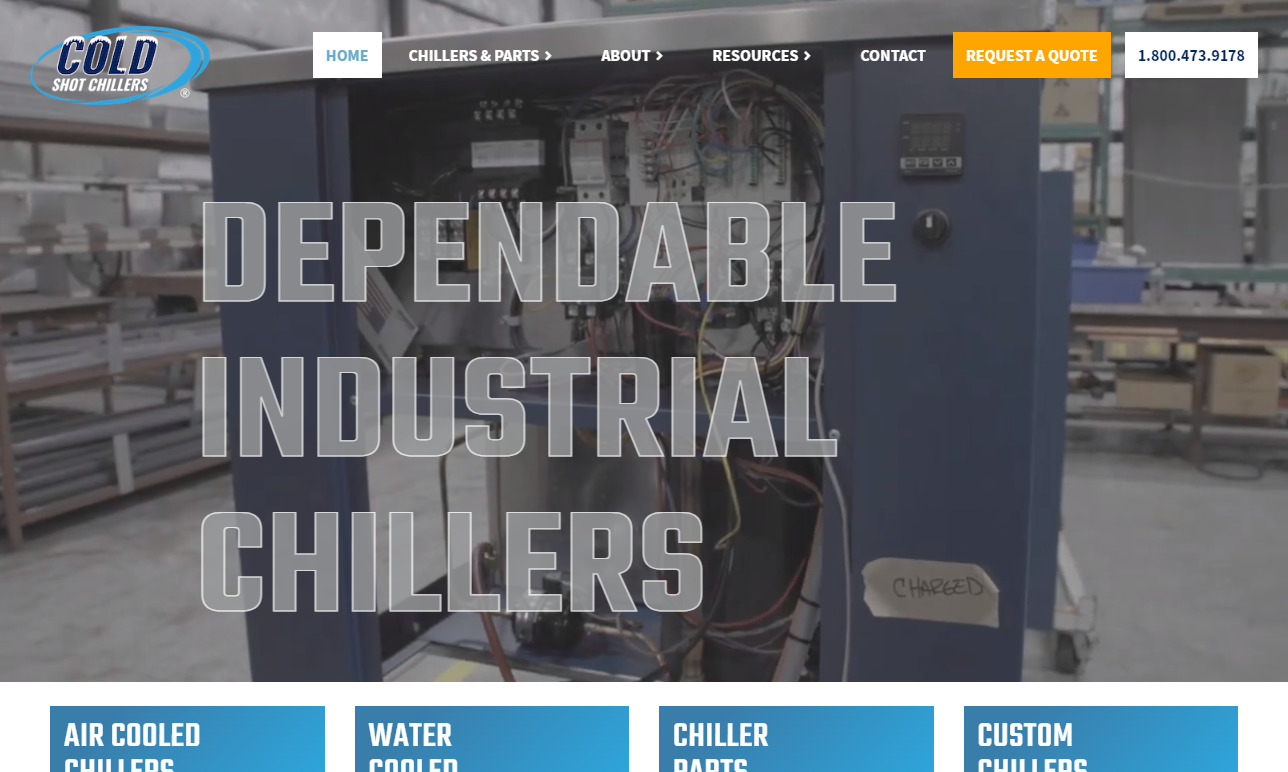
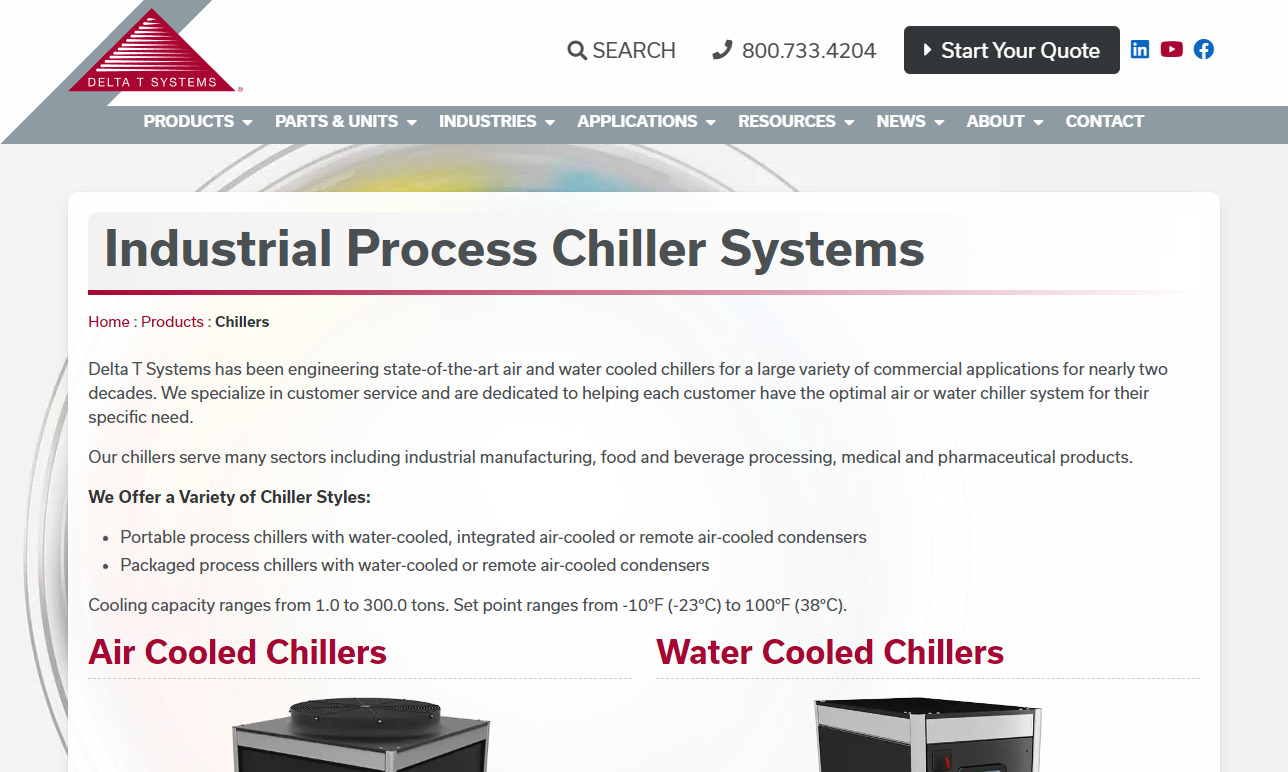
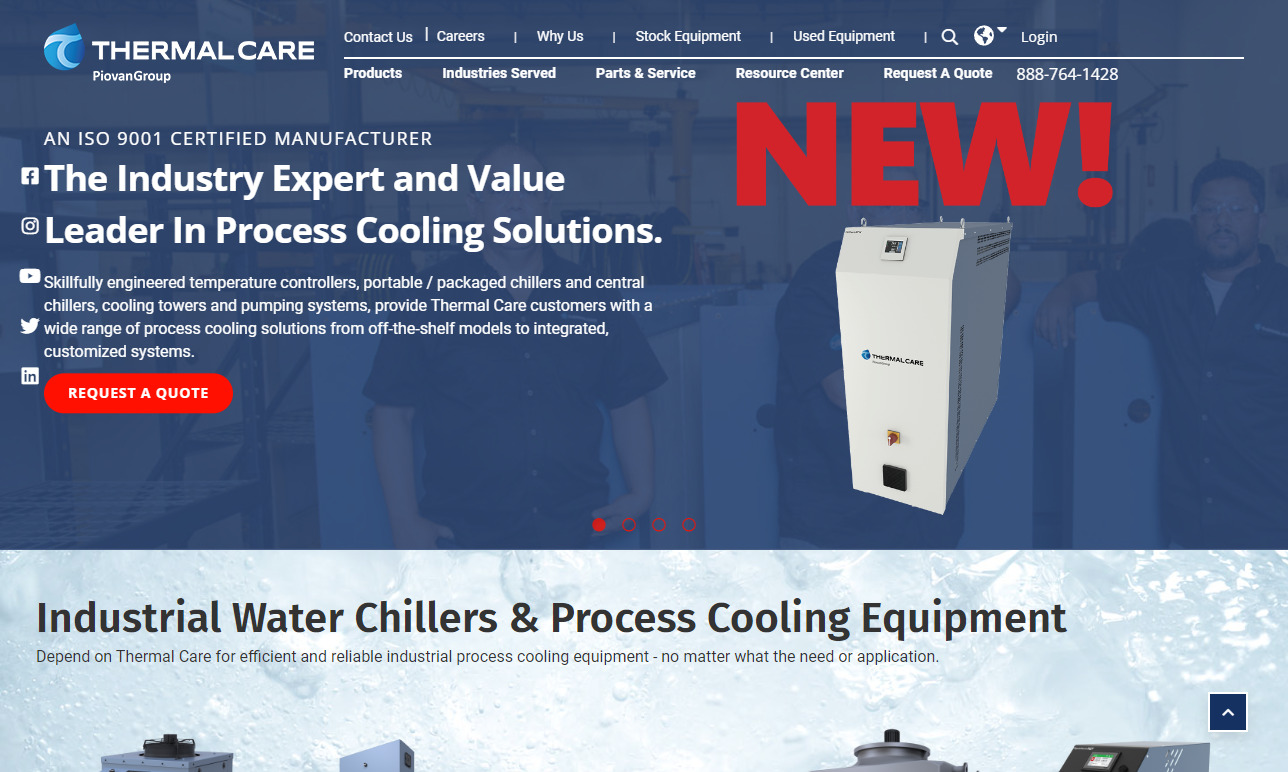

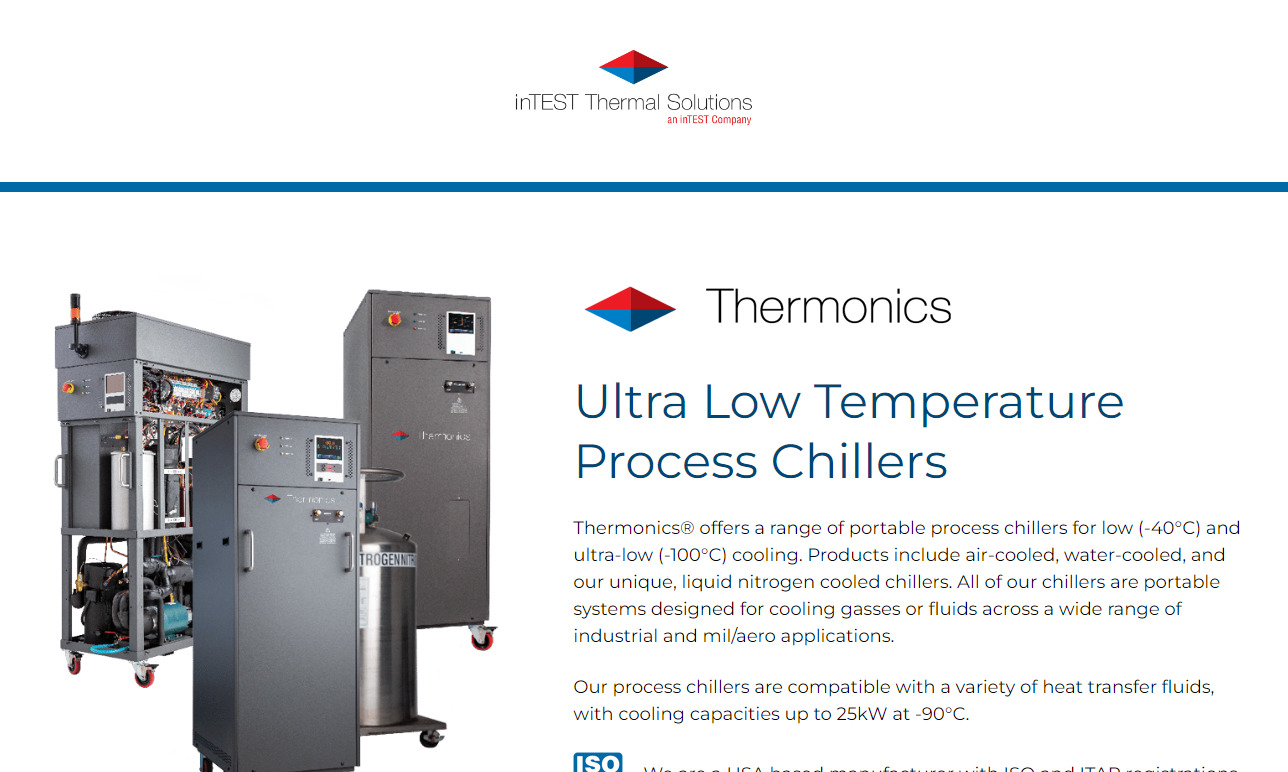
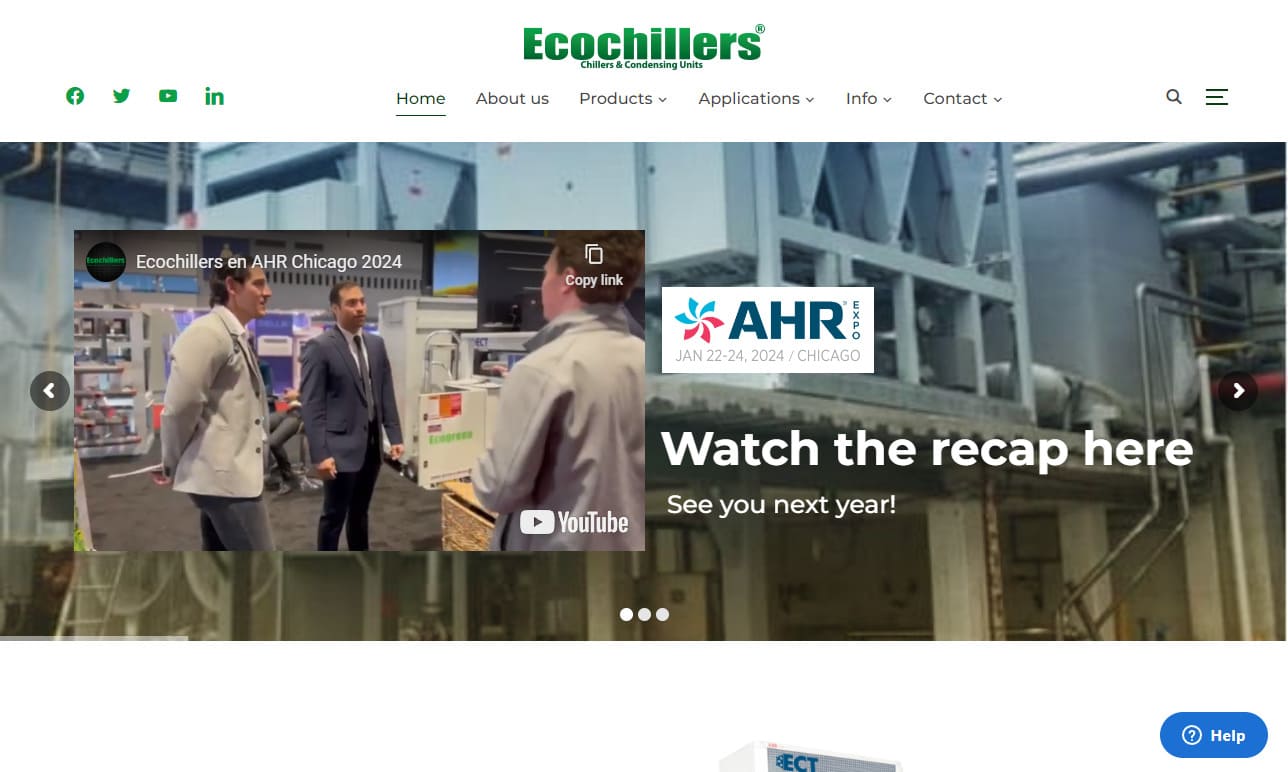
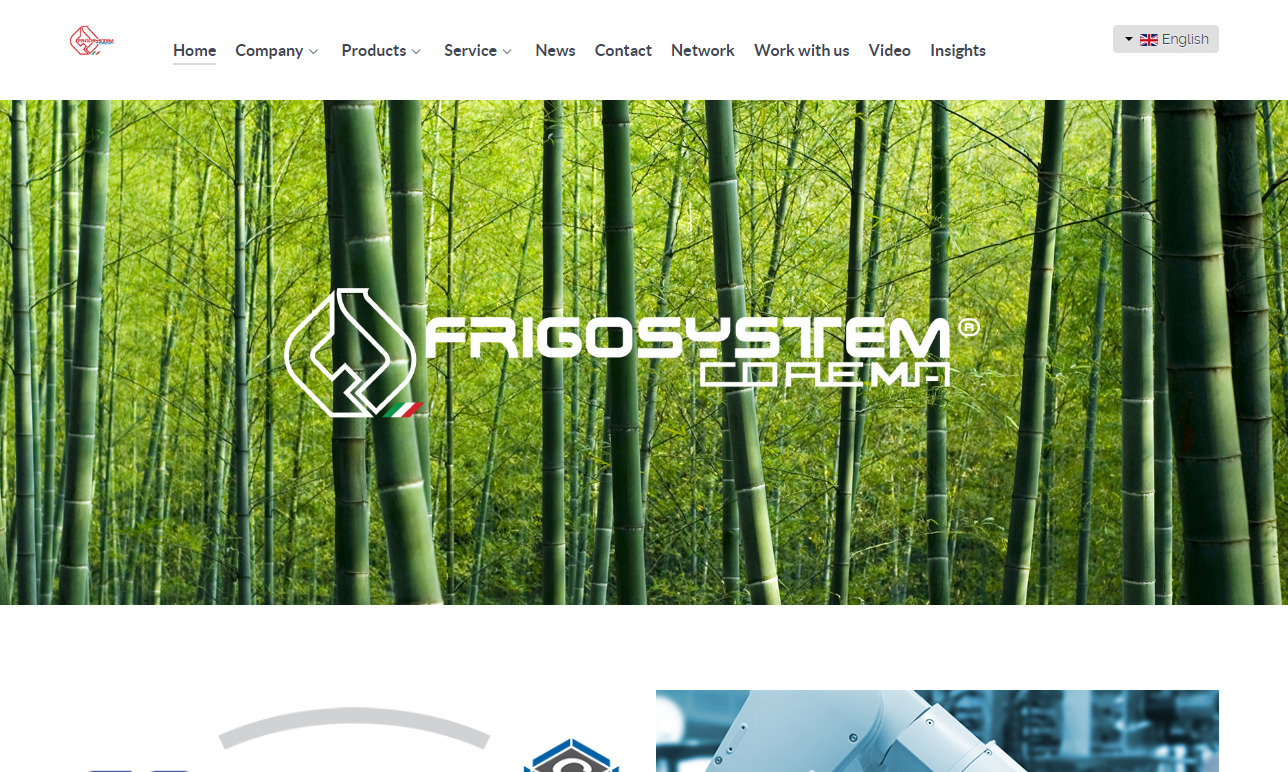
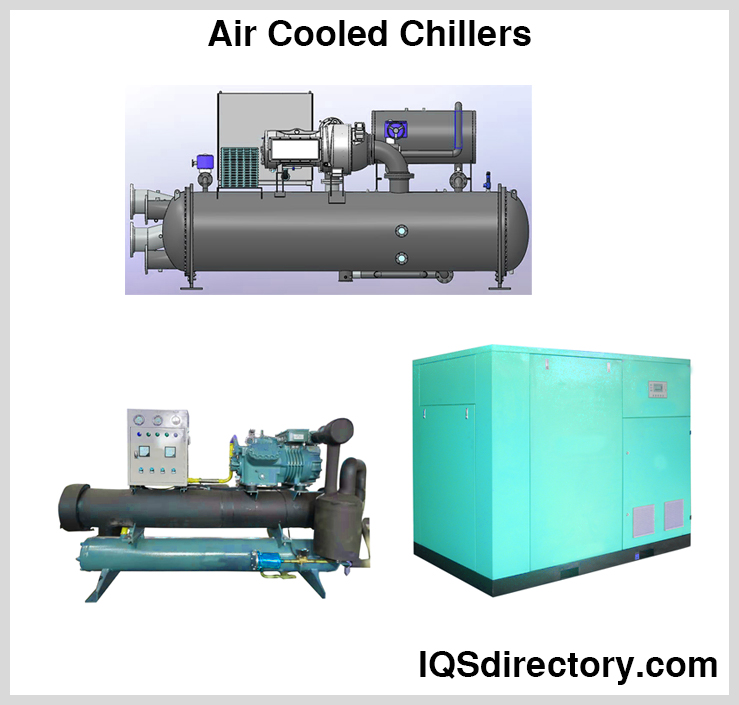
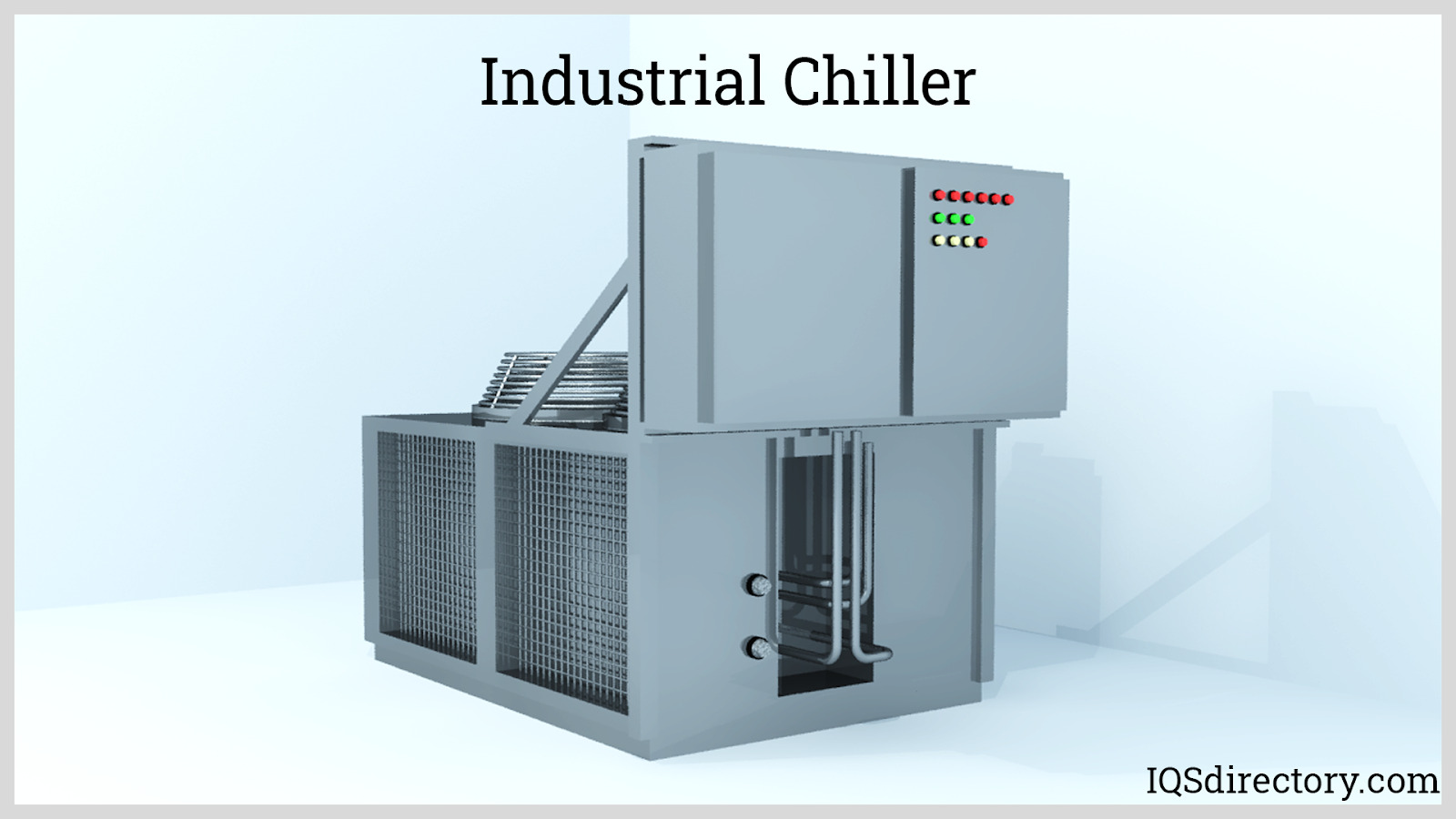
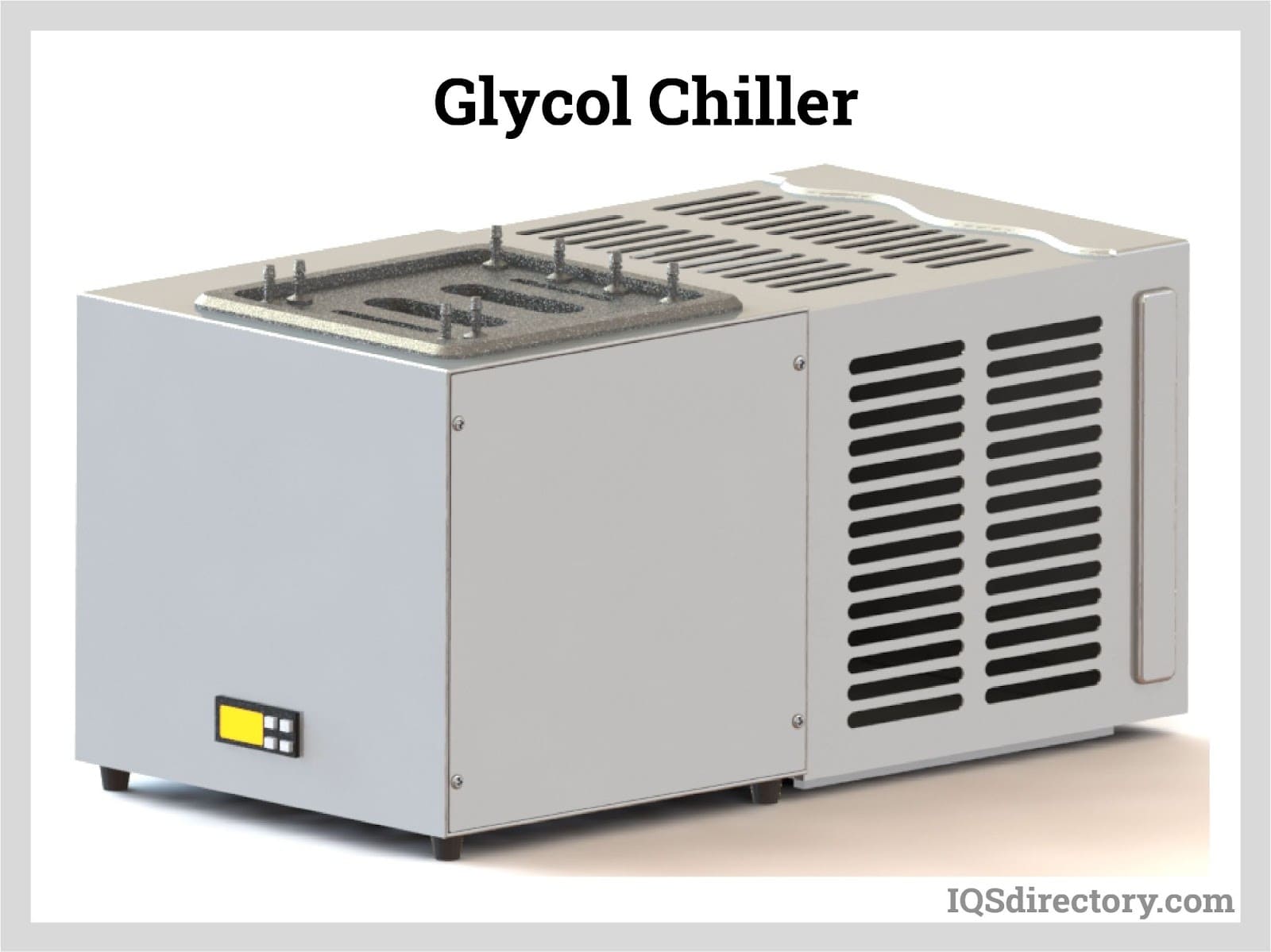
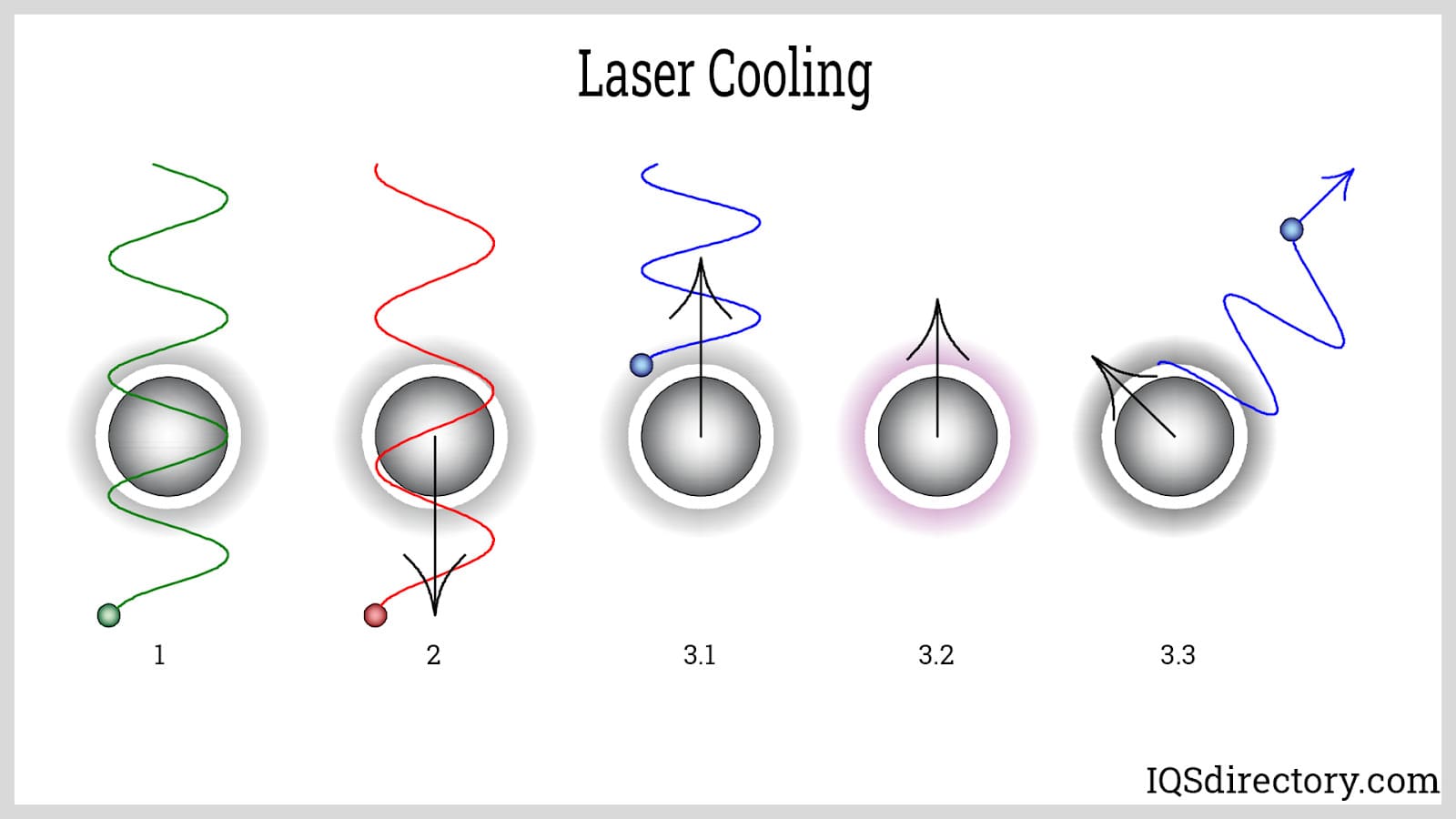
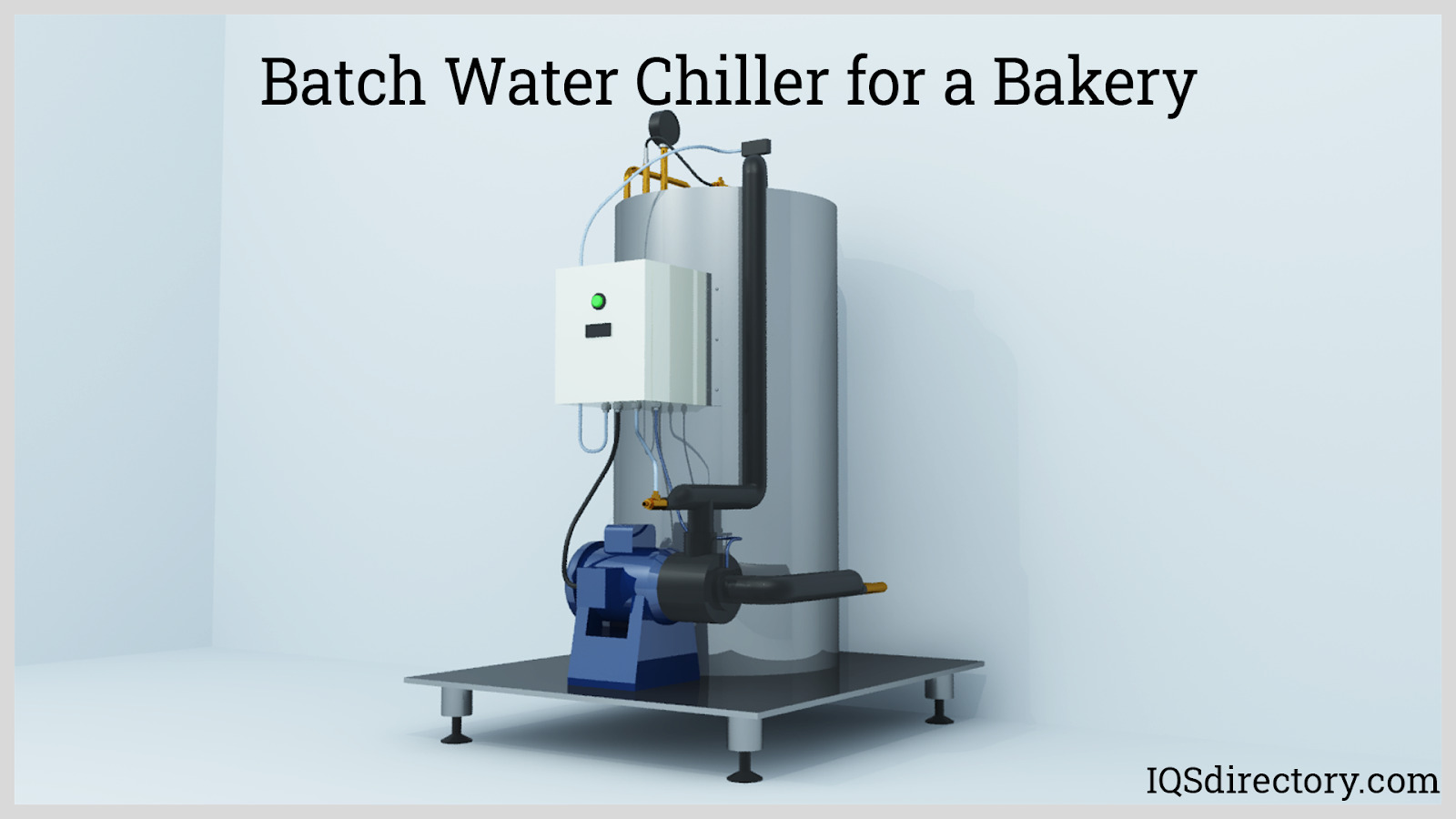
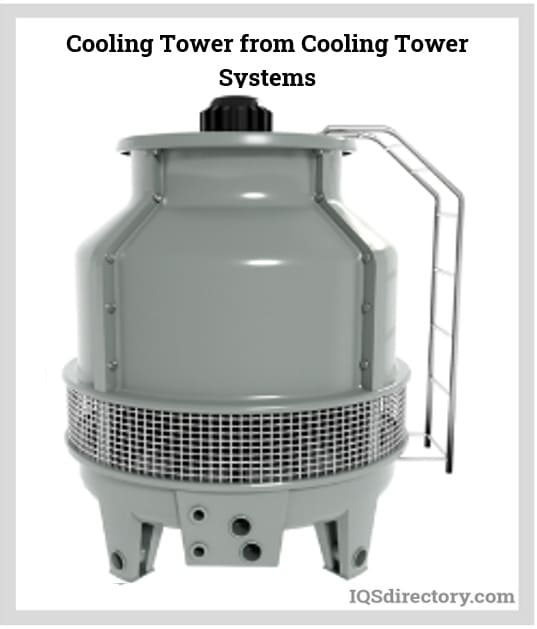
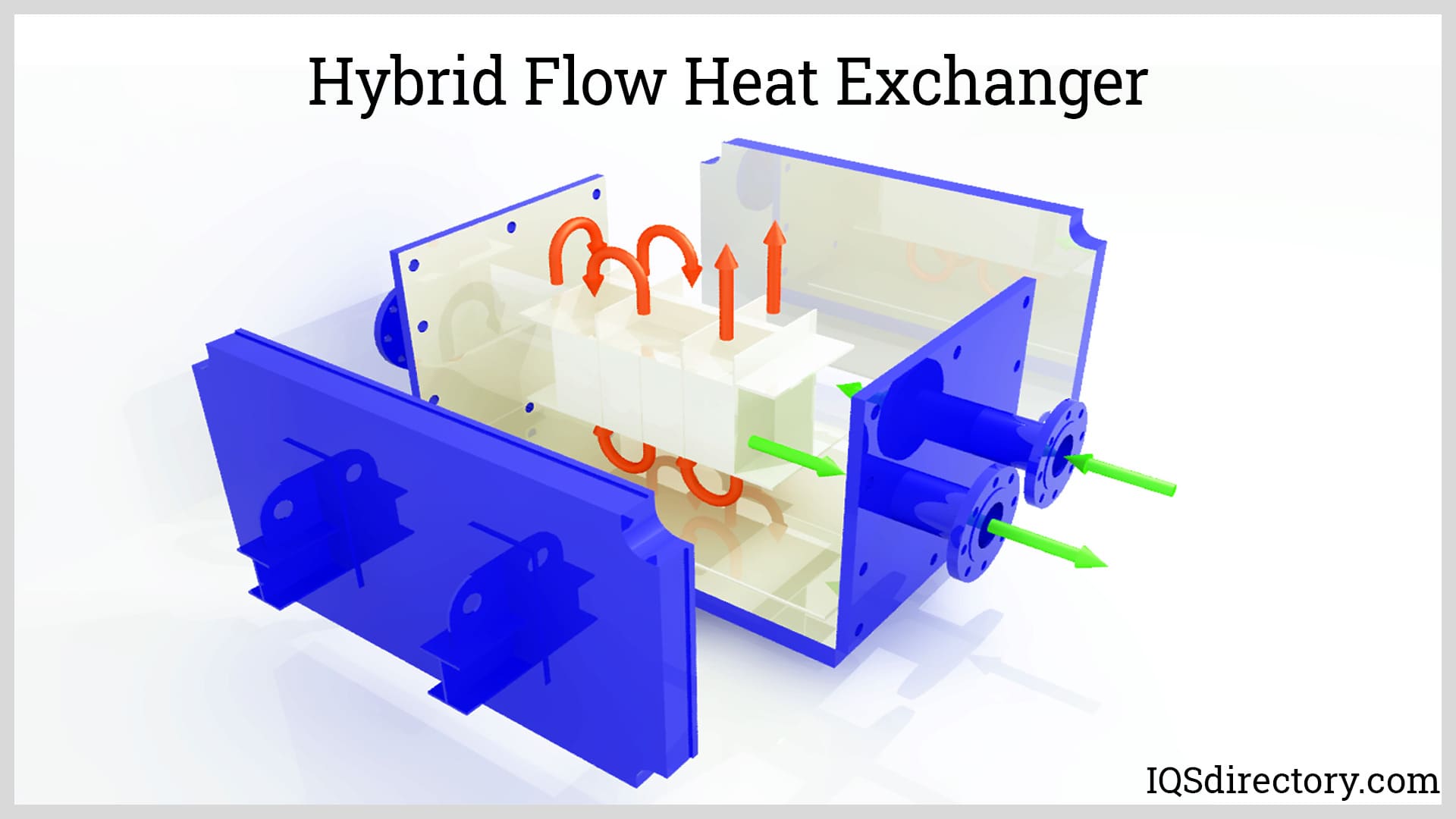
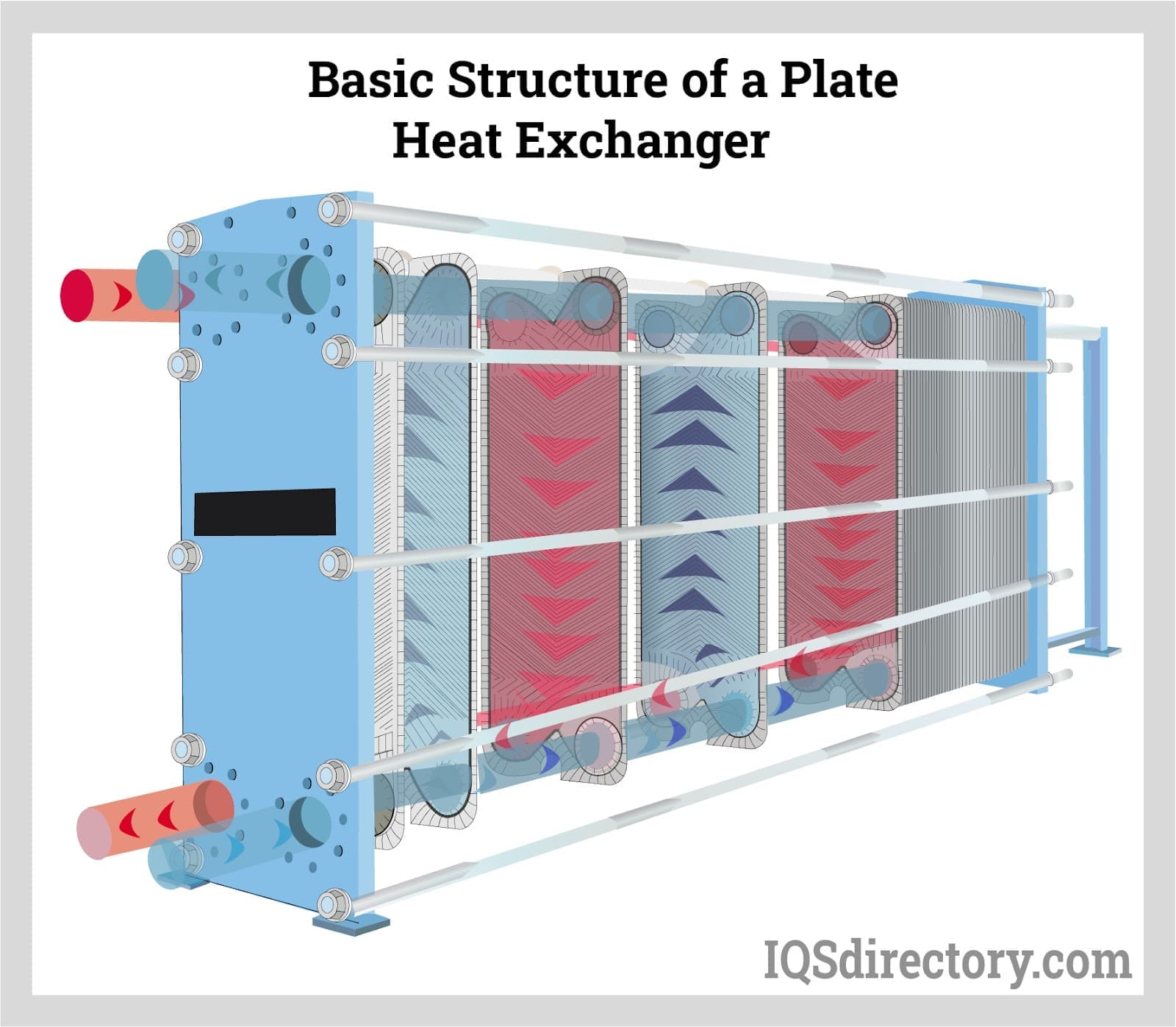
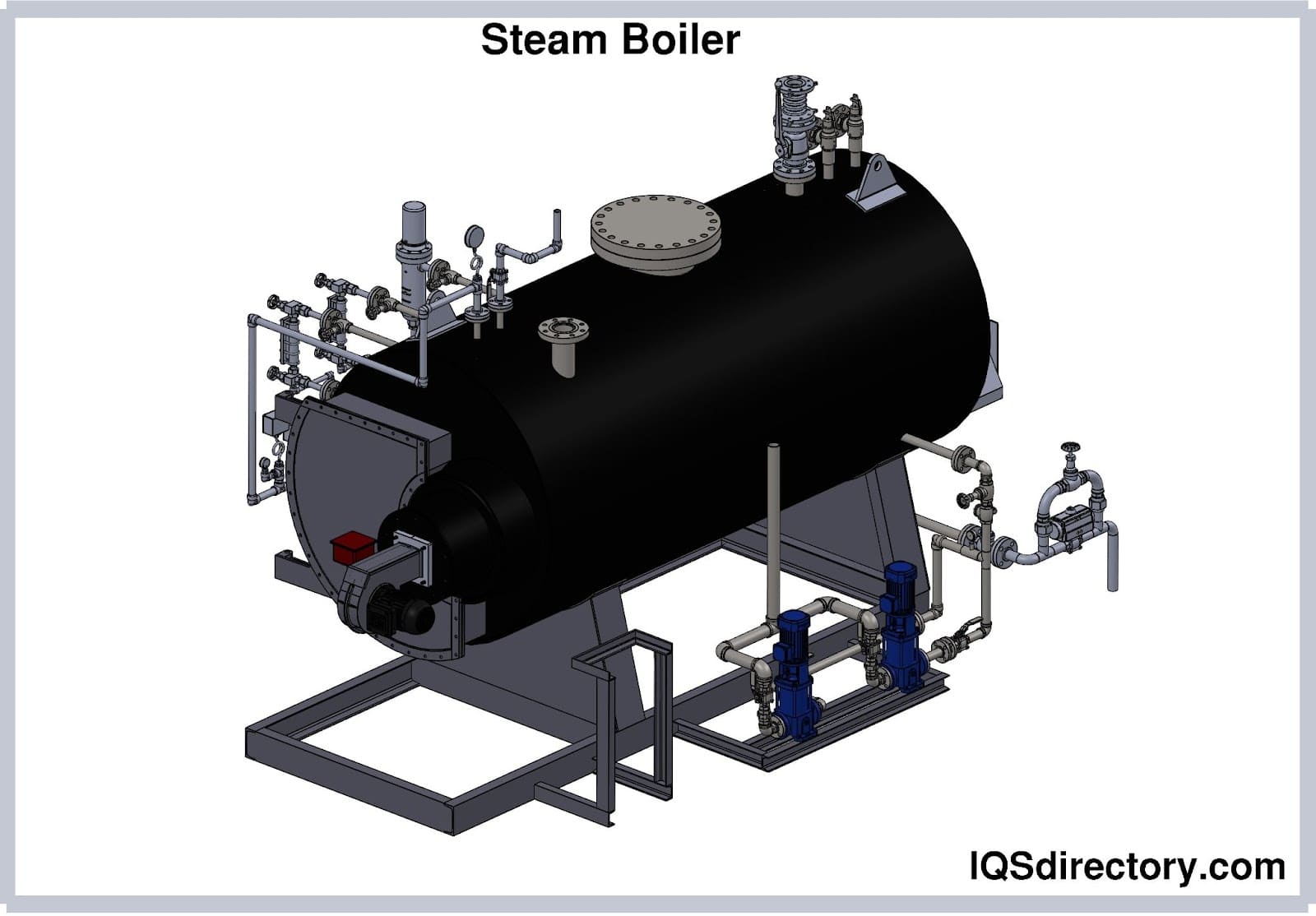
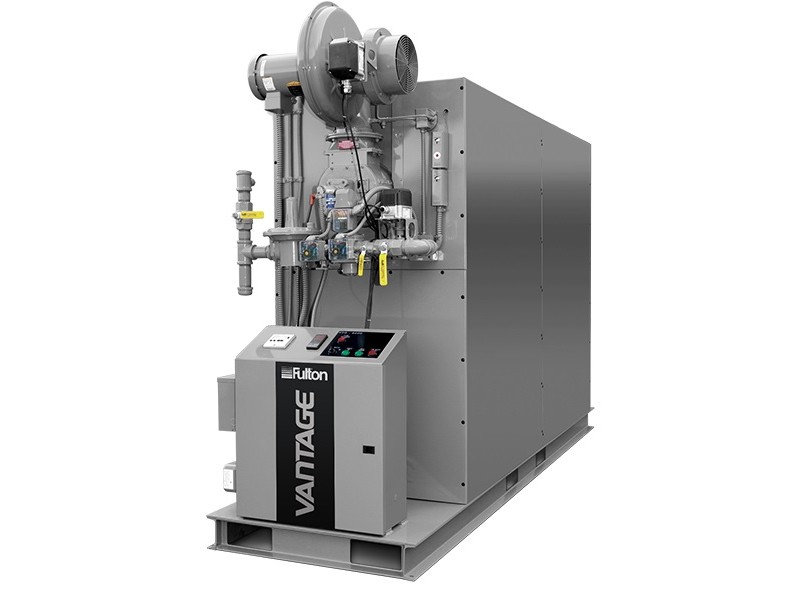 Boilers
Boilers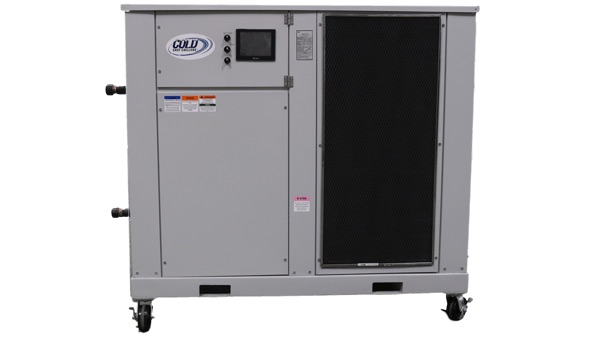 Chillers
Chillers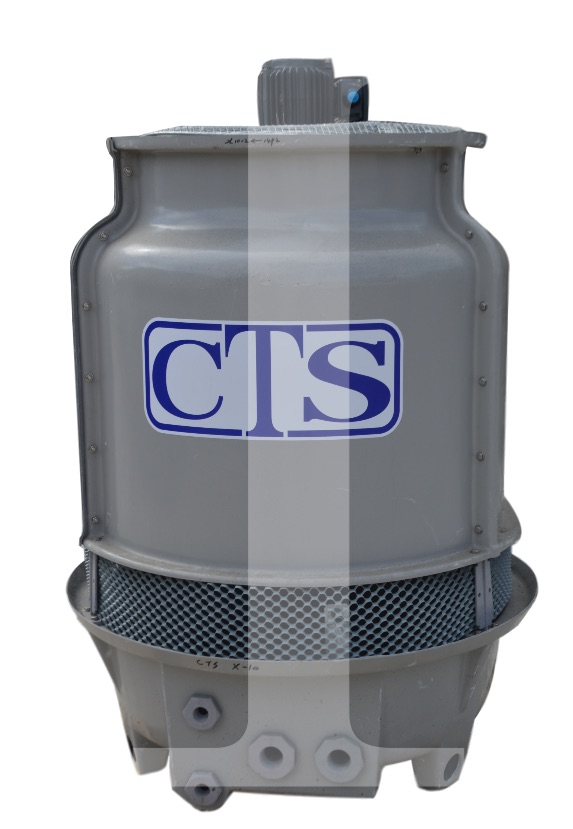 Cooling Towers
Cooling Towers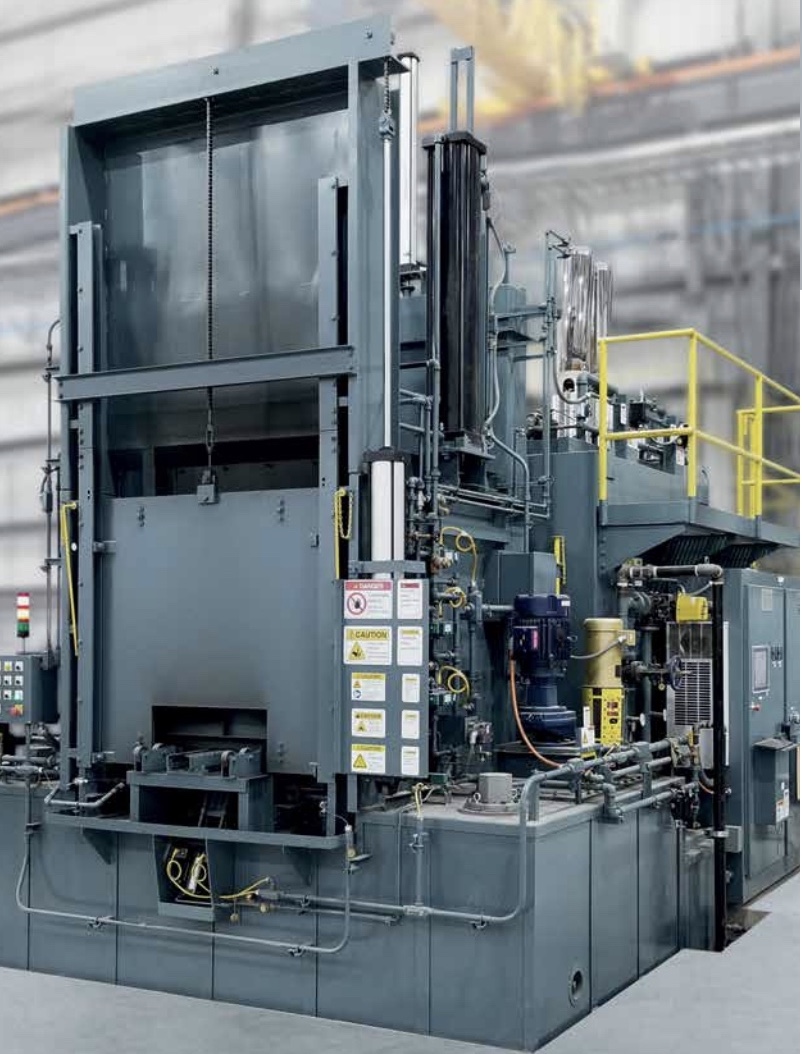 Furnaces
Furnaces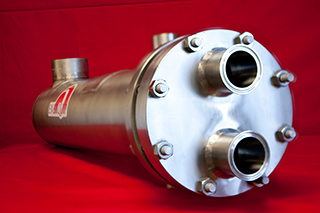 Heat Exchangers
Heat Exchangers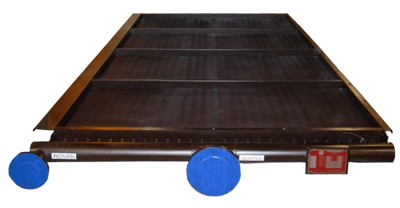 Heat Transfer Equipment
Heat Transfer Equipment Castings & Forgings
Castings & Forgings Bulk Material Handling
Bulk Material Handling Electrical & Electronic Components
Electrical & Electronic Components Flow Instrumentation
Flow Instrumentation Hardware
Hardware Material Handling Equipment
Material Handling Equipment Metal Cutting Services
Metal Cutting Services Metal Forming Services
Metal Forming Services Metal Suppliers
Metal Suppliers Motion Control Products
Motion Control Products Plant & Facility Equipment
Plant & Facility Equipment Plant & Facility Supplies
Plant & Facility Supplies Plastic Molding Processes
Plastic Molding Processes Pumps & Valves
Pumps & Valves Recycling Equipment
Recycling Equipment Rubber Products & Services
Rubber Products & Services